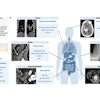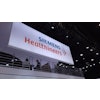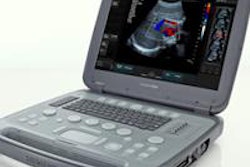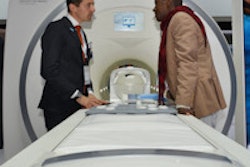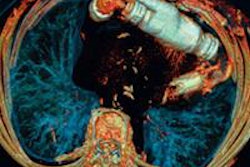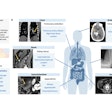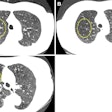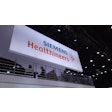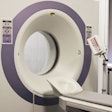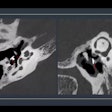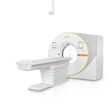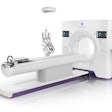Siemens Healthcare has filed a 510(k) application with the U.S. Food and Drug Administration (FDA) to market CT lung cancer screening on its entire line of CT scanners.
Siemens made the submission because current FDA clearances for CT scanners cover their use as diagnostic tools rather than for screening applications. Receiving a specific 510(k) clearance will allow Siemens to market its scanners as screening tools.
The Siemens submission is for its Lung Low Dose protocol, which enables technologists to perform automated lung studies simply by selecting the protocol from a drop-down menu. The tool uses anatomical landmarks found on a patient to select the appropriate scan range.
The radiation dose generated by the protocol varies by scanner, but Siemens is reporting an average dose across all of its systems of 0.8 mSv per scan. Siemens believes the radiation dose on its flagship Somatom Force scanner is even lower.
This compares to an average dose of 1.5 mSv in the landmark National Lung Screening Trial, which established the clinical effectiveness of lung cancer screening with low-dose CT. That trial was performed in 2000 with CT equipment that was nearly 15 years older than today's technology.
The Lung Low Dose package also includes tools for standardizing the follow-up of suspicious findings on screening exams, and for making it easier to compare findings between screening exams.
Siemens submitted the 510(k) application in October, and the FDA typically takes about 90 days to review submissions.
